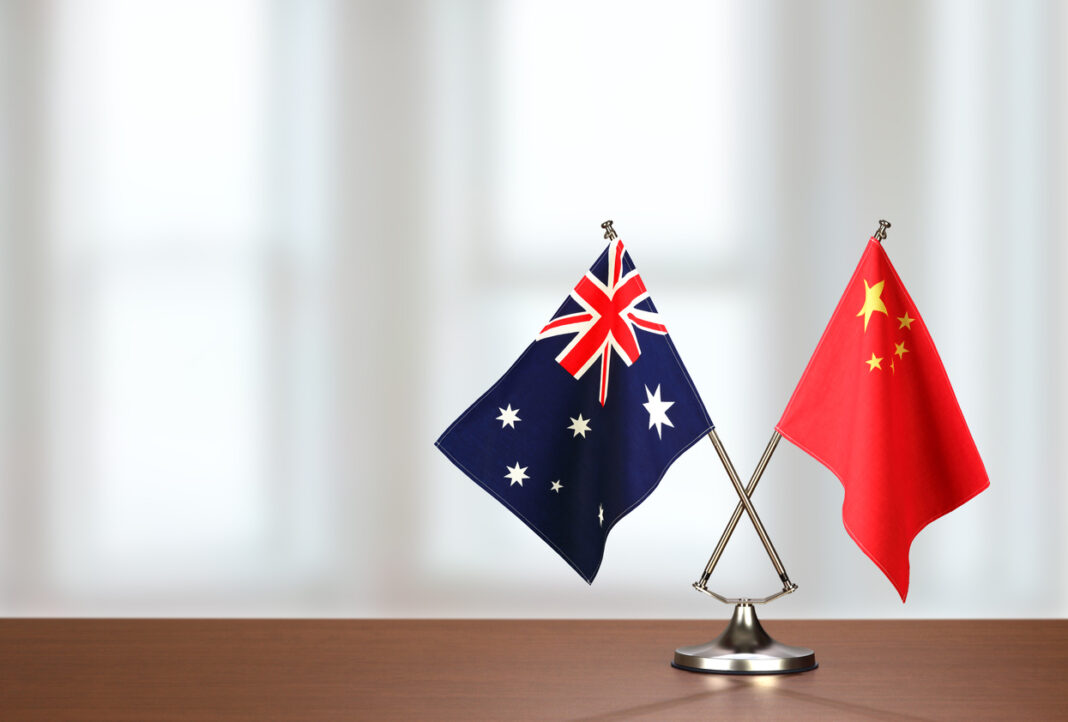Australians rightly pride themselves on living in a free country. Few could disagree with Home Affairs Minister, Peter Dutton, comparing and contrasting China and Australia and concluding the Asian giant is far from being free. The problem is his unnecessary provocation of our major trading party. Diplomacy is a critical commodity in statecraft.
China has just celebrated the 70th anniversary of the Communist revolution led by Mao Zedong. Australia has been doing business with mainland China for the best part of the last 60 years, and over that time, China has remained a one party authoritarian state. Although its economic liberalisation in the 1980s led many to hope democracy might follow, it hasn’t. But it is now, by a huge margin, our biggest trading partner, the destination of 30% of our exports.
The Chinese embassy in Canberra took an extremely dim view of one of our most senior minister’s “anti-China rhetoric”. In a statement, the ambassador said “we strongly condemn his malicious slur on the Communist Party of China, which constitutes an outright provocation of the Chinese people”.
If Dutton was looking to sound tougher on China than the man who denied him the Liberal leadership, Scott Morrison, he succeeded. Morrison quickly sought to sue for peace. He tried to defend Dutton by saying his comments “just simply reflect the fact that we’re two different countries”. He continued, probably more in hope, “I think our relationship with China will always remain positive, because it is focussed on the things that we agree on”.
There are sure to be more “provocations” in the months ahead, especially with the pro-democracy protests in Hong Kong showing no sign of ending. And the government has any number of China hawks prepared to speak out. Indeed one, senior backbencher and chairman of the powerful House of Representatives Economics Committee, Tim Wilson, even flew to Hong Kong to participate in the protests.
In the meantime, it would be good if our government spent more time making sure our free country fully lives up to the tag. It is showing a marked reluctance to open itself to the full scrutiny of the parliament. Morrison shut down the parliament ahead of the election and the sitting schedule is scandalously sparse. There have been fewer than 40 sitting days since the start of the year when both houses have sat together. Boris Johnson in Britain couldn’t get away with the same attempt to avoid the Westminster parliament sitting.
Peter Dutton proudly proclaimed “in a democracy like ours, we encourage freedom of speech, freedom of expression and thought”; except on his watch, whistle-blowers – calling out wrongdoing – face ever harsher criminal penalties. And despite some window dressing when he instructed the federal police to be alert to the freedom of the press in pursuing journalists, nothing has been done to scrap or amend the laws criminalising some reporting.
Eternal vigilance is the price of liberty and not just against external enemies.
For more:



